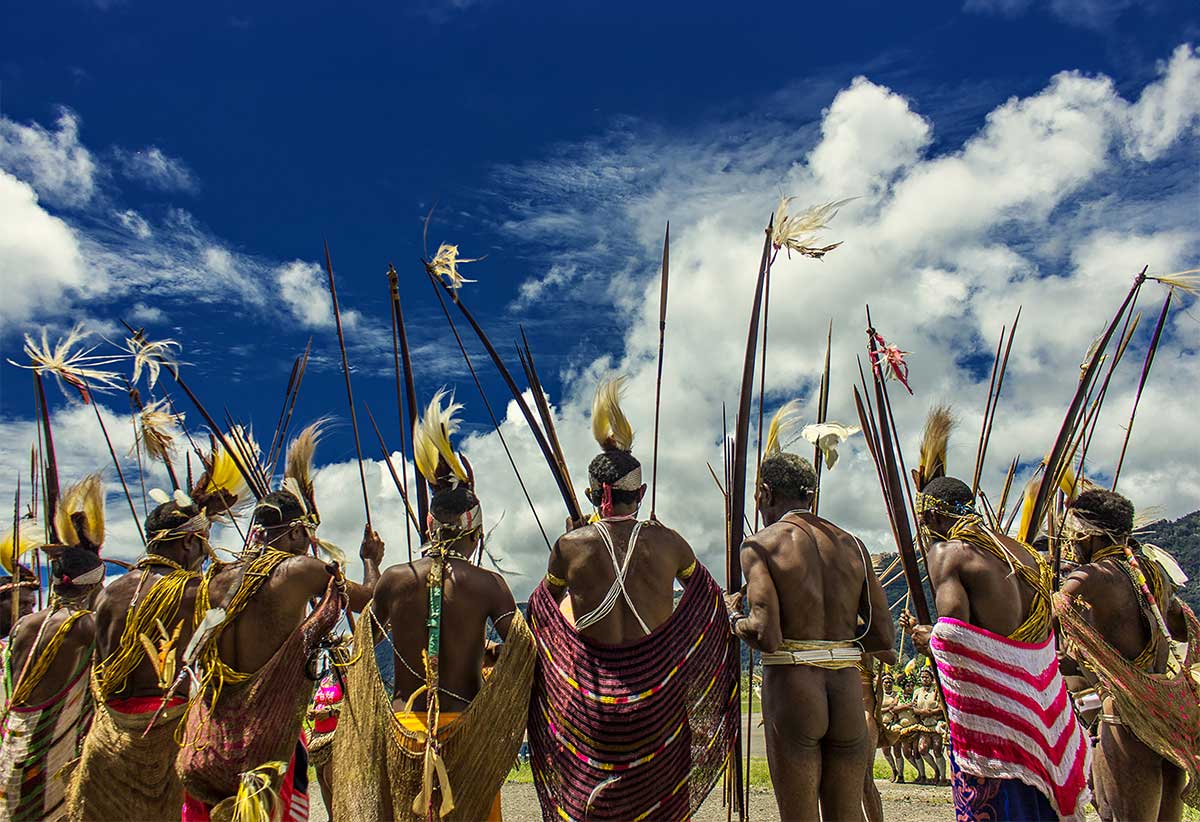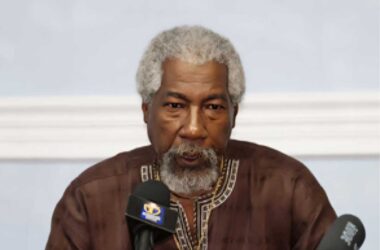

Today, August 9, is being observed regionally and worldwide as International Day for Indigenous People, in honour of the First People who inhabited the Caribbean and The Americas.
The gateway to Europe’s destruction of indigenous civilizations and introduction of slavery was fatefully opened by Christopher Columbus in 1492, when he first set eyes on Hispaniola (the island that’s today home to both Haiti and the Dominican Republic).
The navigator, seeking new worlds to conquer for Europe, was searching for India by secretly following maps drawn by African and Chinese predecessors, thus his and the European description of the islands he saw and landed on as the ‘West Indies’.
After the islands, the European invaders conquered ‘The Americas’, where First People and their ancient civilization (like the Mayas and Aztecs) were destroyed through an organized process of persistent Native Genocide, which qualifies as what I like to describe as ‘The Greatest Crime Against Humanity Before Trans-Atlantic Slavery.’
It’s precisely because of their recognition of those two historic Crimes Against Humanity in our part of the world that Caribbean Community (CARICOM) governments ten years ago launched their quest for Reparations from the UK and Europe for ‘Slavery and Native Genocide’.
Unfortunately, CARICOM’s emphasis continues to be more on the Reparations for Slavery than for Native Genocide, with more being taught, learned and shared about the former than the wiping-out of the First People across CARICOM and The Americas (North, Central and South).
We learned at school that ‘Caribs and Arawaks’ were warlike and peaceful, the former being ‘cannibals’ who ate their victims.
Likewise, ‘Amerindians’ are still spoken of by some fellow Guyanese as lesser human beings who collaborated with the Europeans to introduce slavery and their over 200 hinterland communities are still also being regarded as less-worthy of sharing the national spoils from Oil & Gas through sale of Carbon Credits.
It all stems from The Big Columbus Lie about Europeans having ‘discovered’ Guyana and other CARICOM member-states and all of The Americas.
After all, the First People in the lands they invaded and conquered through mass-murder already had their more-advanced indigenous, home-grown civilizations when the likes of Columbus, Amerigo Vespucci and other European conquistadors arrived.
The lost story of our First People is still just waiting to be found and shared.
In Saint Lucia, the island’s National Trust and local archaeologists took steps in 2020 and 2021 to help expose, identify, preserve and protect the latest Amerindian sites unearthed at the Canadian-owned private Cabot golf course north of Cap Estate.
The disclosures and exposure led to protests and advocacy events before the last general elections and the bones and other remains are keys to the puzzles about who the island’s first people were, how they lived and survived, how they lived with nature – and what can be learned today from their own experiences in living, in natural sustainability, across climates and environments, over centuries.
The island’s latest ‘Environment vs Development’ spats regarding construction at the base of The Pitons (by a Canadian citizen) also opens the way for introduction of the indigenous aspects – and not only the petroglyphs and other landmarks scattered on and between the twin-peaks, but also the role the Sulphur Springs played in use of astrology to accurately tell time across the island region back then, as documented by local historian Robert Devaux.
“The ancestors are speaking to us,” said Ricardo Bharath Hernandez, the current Chair of the Caribbean Organization of Indigenous People (COIP), about the continuous findings of indigenous burial sites across the region’s islands today.
August 9 is also wrongly called ‘Columbus Day’, especially in places where Columbus’ big lie continues to hide the inescapable truth that he opened the way for native genocide, slavery and the indentureship that followed.
The COIP, established in 1987, is supportive of CARICOM’s call for reparations for both slavery and native genocide and Chief Hernandez will join Dominica’s Minister for Kalinago Affairs Cozier Frederick (among others) this evening, to participate in a related online regional discussion.
The panel – part of Saint Lucia’s second annual National Emancipation Month calendar — will discuss the theme of ‘Why Reparations for Native Genocide’.
Panelists will examine why CARICOM governments have — for the past decade — also been calling for reparations for both native genocide and examining what can or should be done to encourage a greater level of visibility, understanding and appreciation of why related emphasis should be equal.
Native genocide opened the way for slavery to generate the profits that built Europe’s ‘Empires’ and industrial revolutions, using iron and steel methods they learned in Jamaica.
First People everywhere preceded the biblical age of Adam and Eve and most were forcibly ‘Christianized’ after conquest by conversion them to the European norms that still dominate Caribbean and South (‘Latin’) American societies to this day.
Under the theme ‘Enkindling Our Consciousness’, Saint Lucia’s Cultural Development Foundation (CDF), with a Stakeholder Committee that includes the National Reparations Committee (NRC), Folk Research Center (FRC) and others, have organized the month of related Emancipation Month activities throughout August.
The aim is to help better understand who we are, where we came from and why we have to take forever-serious the call by Bob Marley in his ‘Redemption Song’ to ‘Emancipate ourselves from mental slavery…’
This year’s theme for International Day for Indigenous People is ‘Indigenous Youth as Agents of Change for Self-determination’.
Unlike Guyana and Surinam, not all CARICOM member-states will have groups of indigenous youth to pursue the UN’s 2023 theme, but all the ingredients exist everywhere for continuous exploration and discovery, through an ongoing teaching, learning and sharing process this year, starting to focus (continuously) on youth and students.
Saturday, August 12, is International Youth Day and it opens the way for the message from the Caribbean region’s indigenous people to be shared by indigenous youth and students, with their peers across the Caribbean.











